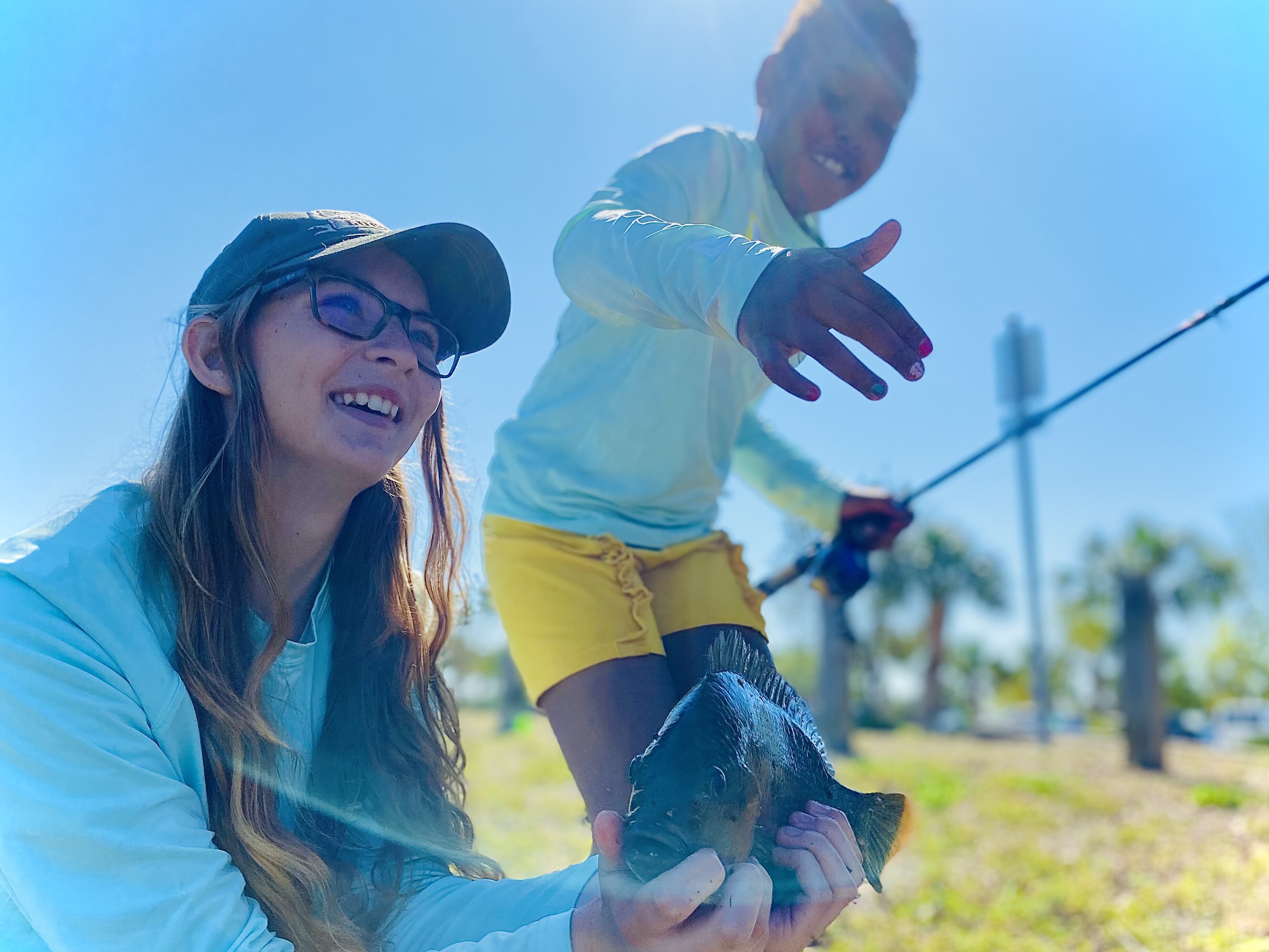We were a crew of young and older hungry humans on a mission of hunting and gathering. In front of us a vast bed of undulating sea grasses expanded beyond our eyesight. The water was four-to-six feet deep, extremely warm, mid-eighties and fairly clear. If you peered closely at the carpet of vegetation you could catch glimpses of marine life dashing across a pristine green carpet of aquatic sea grasses.
Our quarry, scallops. A colorful fan-shaped marine bivalve, sea scallops are found in all of the world’s oceans. Rightly so, escalope, an old French term, is the word root of scallop.
While the French may have many recipes for these delicious filter feeders, few places, and none of them in France, have as dense a population of scallops as you’ll find habituating in the calm shallow waters of the Florida’s Nature Coast (http://www.naturecoastcoalition.com) Citrus, Dixie, Hernando, Levy, Pasco, Taylor, and Wakulla counties.
Truly an oyster, these active swimmers spend a lifetime siphoning plankton using their cilia. They are typically free-living, however, there are species that do attach to structure.
Like us, hordes of other outdoor enthusiasts head towards Florida’s Big Bend area each summer (June 25-to-Sept. 25) to snorkel and dive these waters and collect buckets full of scallops.
Free-living scallop are fast. They move along by rapidly opening and closing their shells. Catching them is fun and challenging. Once you get into the water it is easy to lose track on were they’re heading once the chase is on especially when the water’s aren’t gin clear. When they’re really moving away you can hear their shells popping together. Once you hear it, it’s a sound you will not forget.
Wild and aquaculture scallops are highly sought after for their seafood value. China farms Atlantic bay scallops. Japan harvests wild, enhanced and aquaculture scallop. But by far the Atlantic sea scallop fishery located off the northeastern United States and eastern Canada coasts is one of the world’s most prolific.
Sustainability of a healthy stock is paramount. Recently New Zealand’s Tasman Bay has been closed because of over harvesting and population decline. Wild scallops have actually be placed on “Worst Choice” list by the Royal Forest & Bird Protection Society of New Zealand concerning sustainability.
On this day, however, we were very thankfully to catch our limit of these tasty filters, bring them back to the dock and into the frying pan within a couple of hours. This made our task of chasing them in and out of the grass all that more worthwhile! If you haven’t ever chased a scallop, visit Florida’s Nature Coast, and take a dive into a wondrous marine world. You probably will be pleasantly surprised.

